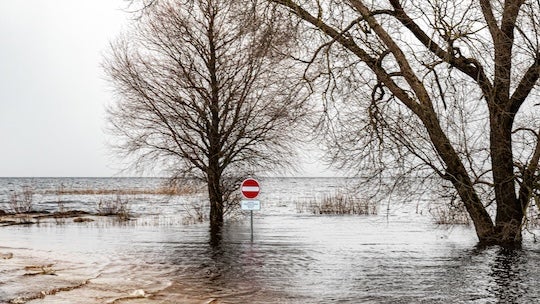President Donald Trump announced Tuesday that he plans to phase out the Federal Emergency Management Agency following this year’s hurricane season. The move would dismantle the federal disaster relief agency and transfer responsibility for emergency response and recovery to individual states.

Rice University experts across environmental law, engineering, sociology and public policy are available to provide informed analysis on the potential impacts of dismantling FEMA.
Disaster engineering and environmental planning
Jim Blackburn
Professor in the practice of environmental law and co-director of Rice’s Severe Storm Prediction, Education and Evacuation from Disasters (SSPEED) Center
Blackburn’s work focuses on coastal environmental planning, sustainable development and devising mitigation strategies, including the Galveston Bay Park Plan, directly relevant to government responsibilities in disaster response and recovery.
Phil Bedient
Herman Brown Professor of Engineering and director of Rice’s Severe Storm Prediction, Education and Evacuation from Disasters Center
An expert in hydrology, flood modeling and disaster management, Bedient has developed radar-based flood alert systems and advanced predictive models. He leads research on mitigation strategies for storms like Hurricane Harvey and Ike and oversees regional planning efforts with a deep technical understanding of infrastructure resilience vital to FEMA’s future planning.
Carol Haddock
Professor-in-the-practice of civil and environmental engineering
With decades of leadership in public infrastructure, including roles in Houston Public Works and the Harris County Flood Control District, Haddock brings a practical, policy-informed perspective. As a licensed professional engineer in Texas with strong public service credentials, she can also discuss how states might absorb FEMA’s functions at the local level.
Policy, governance and equity
Jim Elliott
David W. Leebron Professor of Sociology and co‑director of Rice’s Center for Coastal Futures and Adaptive Resilience (CFAR)
Elliott studies social inequality and environmental hazards, including how disaster recovery efforts work differently across communities. As co‑director of CFAR, he can speak to the social implications of devolving disaster response to states, particularly the risks of deepening disparities.
Ed Emmett
Fellow in energy and transportation policy at Rice’s Baker Institute for Public Policy
Emmett oversaw homeland security and emergency management for Harris County from 2007-2019 as county judge, guiding its response to Hurricane Ike and the floods of Harvey. Now at the Baker Institute focusing on emergency preparedness, freight resilience and transportation policy, he brings firsthand insight into the operational challenges of shifting federal duties to local jurisdictions.
To schedule an interview with Rice’s experts, contact media relations specialists Avery Ruxer Franklin at averyrf@rice.edu, Kat Cosley Trigg at kat.cosley.trigg@rice.edu or Marcy de Luna at marcy.deluna@rice.edu.

